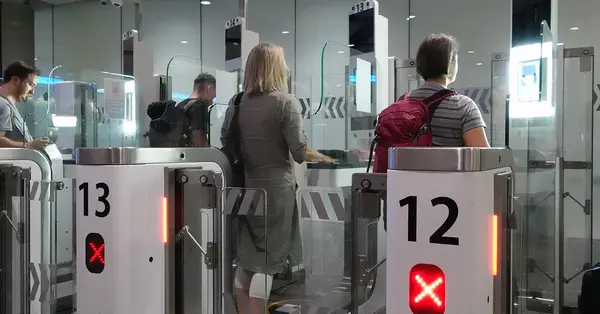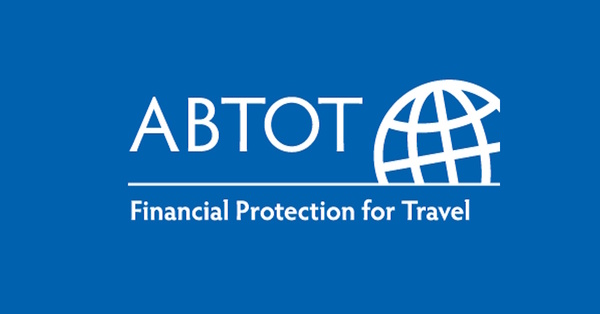You are viewing 1 of your 2 free articles
WHO restates opposition to ‘vaccination passports’
The World Health Organisation (WHO) has repeated its opposition to ‘vaccination passports’ for international travellers following the European Commission’s announcement of proposals for a Digital Green Certificate.
WHO regional director for Europe Hans Kluge said: “At this stage, we do not encourage that getting a vaccination determines whether you can travel internationally or not.”
He said: “We encourage very strongly, as with any vaccine, that there is documentation whether paper based or digital – which is why the WHO is working on a smart digital certificate.
“But this is something different than a passport.”
Kluge added: “We are not sure yet how long immunity lasts once a person has a Covid-19 vaccine. if you get a vaccine you are protected, but still you can transmit the infection.”
Catherine Smallwood, senior emergency officer at WHO Europe, said the organisation was “looking at the details of the announcement made by the EC”.
She noted: “What this initiative does is bring together data about a particular patient around a number of things, including vaccination.”
The WHO has previously said: “National authorities should not introduce requirements of proof of Covid-19 vaccination for international travel as a condition for departure or entry given there are still critical unknowns regarding the efficacy of vaccination in reducing transmission.”
European Commissioner for health Stella Kyriakides said she is confident the certificate would be in place by June.
Speaking on Greek TV, Kyriakides said: “It is feasible. The goal is to be able to facilitate the safe movement of citizens, especially for countries like Greece which are waiting for the summer season.”
She said the certificate would be a “flexible document that will be revised according to scientific and medical developments.”
How the certificate is used will be up to individual member states.
The EC proposal notes a member state may “continue to require holders of a Digital Green Certificate to quarantine or test” so long as it notifies the Commission and other member states and “explains the reasons”.
In a statement to mark one year of the pandemic in Europe, Kluge said: “The danger is still clear and present.
“We have now seen three consecutive weeks of growth in Covid-19 cases with over 1.2 million new cases reported last week across Europe.
“Last week, deaths in the region surpassed 900 000. The number of people dying from Covid-19 in Europe is higher now than it was this time last year.
“We are yet to see the widespread health impact and benefits of vaccines
“While 27 countries are in a partial or full nationwide lockdown, 21 are gradually easing restrictive measures.
“Some are doing so based on the assumption that increasing vaccination uptake in countries would immediately lead to an improved epidemiological situation. Such assumptions are too early to make.
“Let there be no doubt, vaccination by itself – particularly given varied uptake in countries – does not replace public health and social measures.
“With vaccination coverage ranging from less than 1% to 44%, it is also far too early to demonstrate the effect of vaccines on overall Covid-19 hospitalisation and deaths.”


















